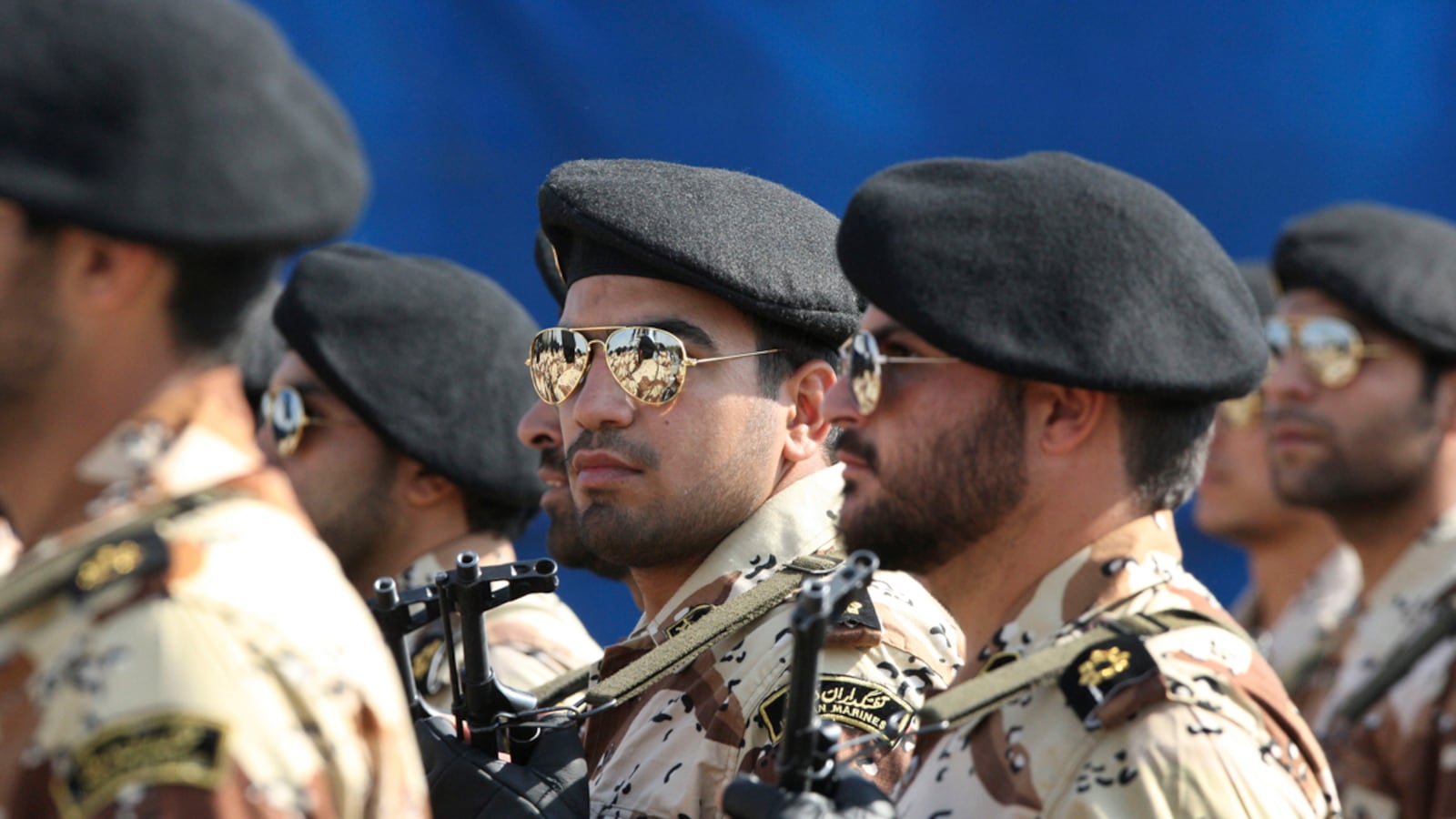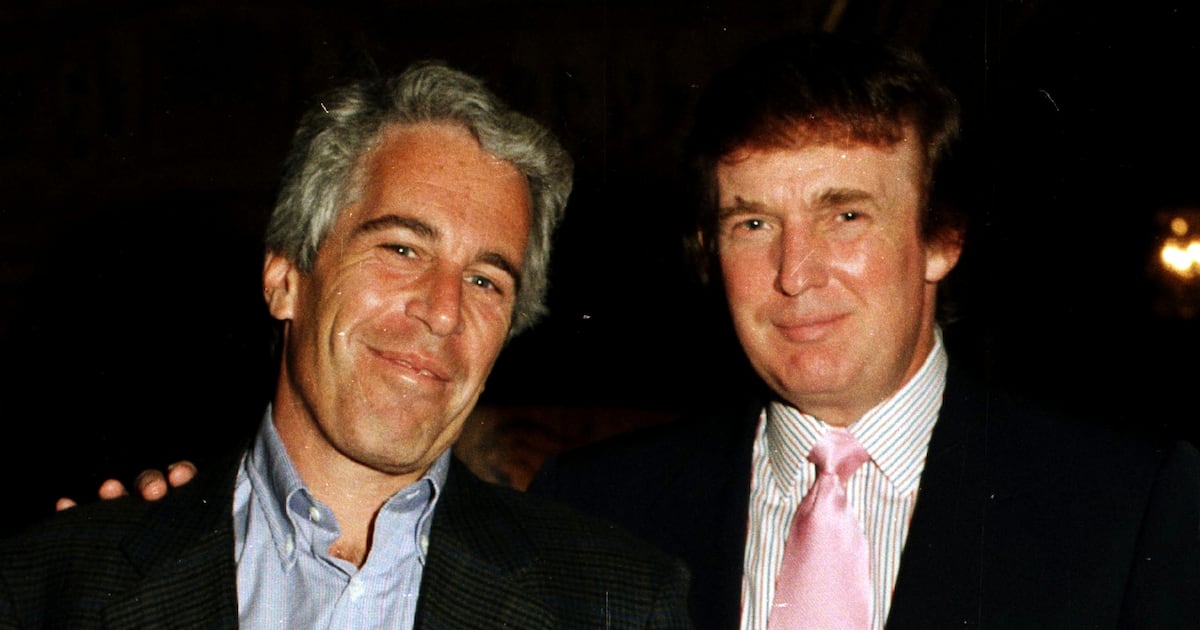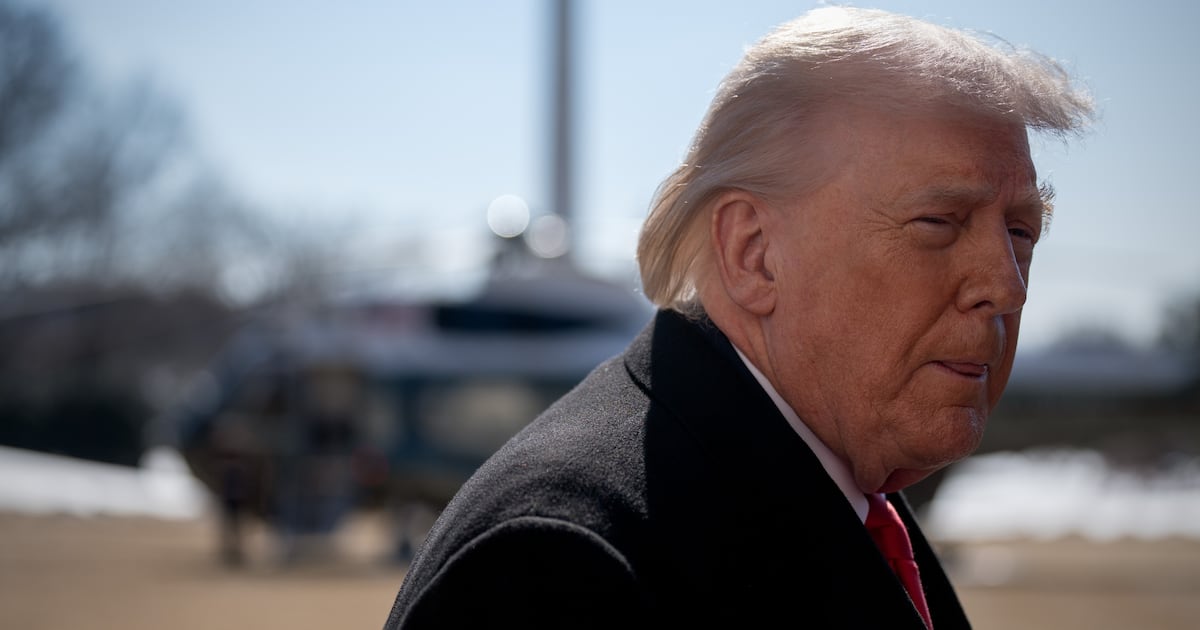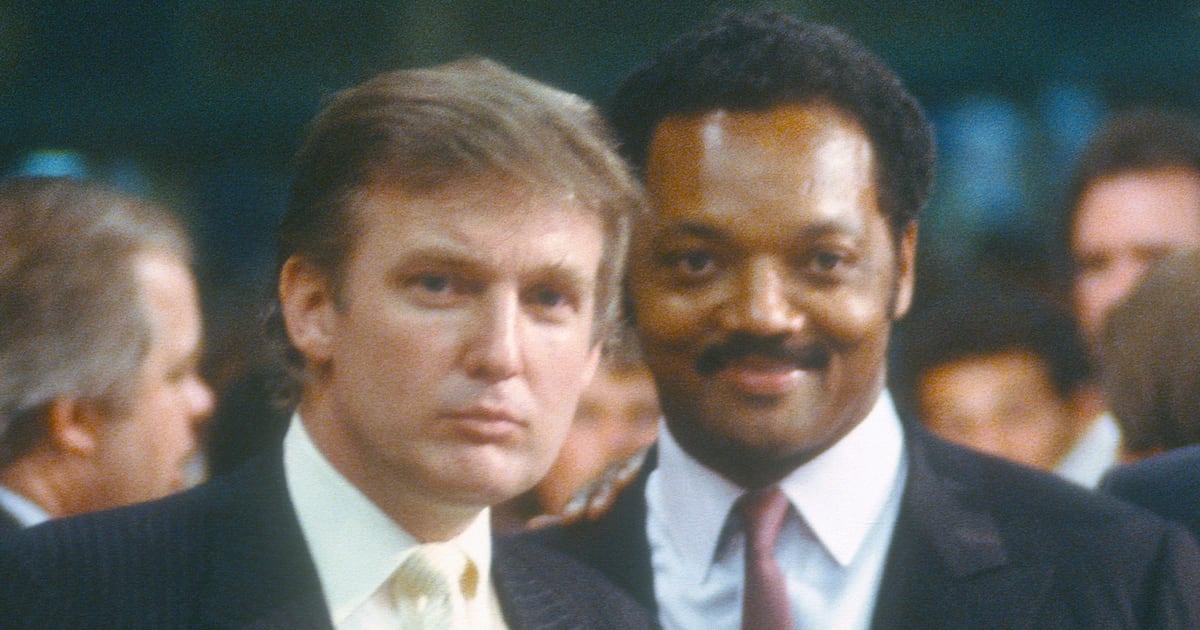Mansour Arbabsiar dabbled in a lot of different jobs while living in Texas. He worked as a used car salesman for a time, owned a convenience store, and even a kebab shop. Along the way, he burned a few business partners and got a divorce. A difficult life, perhaps, but not all that much different than any other struggling businessman. That changed last week when Arbabsiar, a 56-year old Iranian American, showed up in a U.S. federal court in New York. The charge? Conspiring to assassinate the ambassador to Saudi Arabia.
The details of the plot could have been plucked from an episode of the hit TV show “24.” The Iranian Revolutionary Guard Corps had allegedly used Arbabsiar--a beefy man with a prominent scar on his left cheek--as their point man to contact Los Zetas, a notorious Mexican drug cartel, to carry out the hit. The relations between the U.S. and Iran, already at a low point, hit rock bottom in the wake of the accusation. Despite strong denials from the Iranian government, the rhetoric heated up in Washington. “We don’t take any options off the table,” said President Barack Obama, who added that the U.S. had rock-solid proof of the plot and had showed the information to its allies. “We're going to continue... to mobilize the international community to make sure that Iran is further and further isolated and pays a price for this kind of behavior.”
So what gives? Why would the Revolutionary Guards, known for running a tight ship, get involved in such a sloppy caper? The answer may have more to do with Iran’s convoluted domestic politics than their relations with Saudi Arabia and the United States. “There is a portion of the Revolutionary Guards who want to create an external crisis so they can consolidate their power and push to unite different groups inside Iran,” says Mohammad Reza Heydari, the former Iranian consul in Norway who defected last year. “Whether the attack was carried out or not it would have the same effect for this group. They want to scare people about an imminent attack from the West.”

The Revolutionary Guards have a long history of carrying out operations outside of Iran’s borders. Political dissidents have been assassinated in Europe, Turkey and Pakistan. Weapons and cash have been funneled to regional proxy groups. The bulk of these activities have been carried out by the Quds Force, a branch of the Revolutionary Guards created during the Iran-Iraq war in the ‘80s and tasked with carrying out operations outside the country. The word Quds is the Arabic name for Jerusalem and various estimates place the membership of the force between 5,000 to 15,000 fighters, trainers and field agents. This recent plot isn’t the first time the Quds Force has been accused of going after a Saudi target: the organization was also blamed for the bombing of the Khobar Towers in Saudi Arabia in 1996.
In recent years, the Quds Force has been heavily involved in both Afghanistan and Iraq. In fact, one of the men sanctioned by the U.S. Treasury for the alleged plot last week, Abdul Reza Shahlai, was a key player in Iraq at the height of the U.S. military’s “surge” operations in 2007. In an exclusive Newsweek interview with a handful of military intelligence representatives at the Fao Palace in Baghdad in 2007, Shahlai--who uses the nom de guerre Haji Yusuf--was named as the primary contact between the Revolutionary Guards and splinter factions of the Mahdi Army militia. At the time, these Shia militiamen were blamed for deadly attacks against the U.S. military, including a raid in Karbala where five U.S. soldiers were kidnapped and killed, as well as attacks on Sunni civilians.
Shahlai, according to the Treasury statement, is Arbabsiar’s cousin and he “coordinated the plot to assassinate the Saudi Arabian Ambassador to the United States … and to carry out follow-on attacks against other countries’ interests inside the United States and in another country.” Many Iran-watchers have been stumped why the Revolutionary Guard Corps would turn to a desperado like Arbabsiar to carry out such a sensitive and complicated mission. This family link could be the key piece of the puzzle. Shahlai may have recruited his dual-national cousin to scout out the mission without the approval of his superiors.
If so, it wouldn’t be the first time that a member of Iran’s security forces has “gone rogue.” A series of murders of writers, intellectuals and political dissidents inside Iran during the ‘90s was eventually blamed on wayward members of the intelligence ministry. “It’s possible that this plan was coordinated with only some elements of the Quds Force,” says Mohsen Sazegara, a founder of the Revolutionary Guards who is now a member of Iran’s political opposition. “Arbabsiar may have bragged to his relative from the Quds Force about his connections and been told to go ahead and look into it. This plan seems to have been more at the analysis rather than the execution stage.”

Even if the operation was seen as a long shot by the Revolutionary Guard plotters, they may have pushed ahead because of their deep hatred for Saudi Arabia. When the Saudi military sent more than 1,000 troops in March to help squash the protests in Bahrain, which was led by Shiites, Iranian leaders went ballistic. “The statements made by the Revolutionary Guard leadership, especially after the Saudi Arabian military’s involvement in Bahrain, shows they had an interest in punishing them for their involvement,” says Ali Alfoneh, an expert on the Revolutionary Guards at the American Enterprise Institute. The Saudi ambassador to the U.S., Adel al Jubeir, would have been a natural target. In a 2008 Wikileaks cable, Jubeir told Ryan Crocker, then ambassador to Iraq, and General David Petraeus that the Saudi king hoped the U.S. would “cut off the head of the snake,” in other words, attack Iran.
Regardless of how the case against Arbabsiar proceeds, the tensions between Iran and Saudi Arabia, already simmering because of the Arab Spring, are now clearly boiling over. There will no doubt be a ramping up of the political struggle between the two powers across the region in Iraq, Bahrain, Lebanon and especially Syria, where Iran is the sole defender of president Bashar Assad’s struggling regime. Saudi King Abdullah made a pointed break with the Syrian regime back in August.
In the middle of this regional power struggle, the U.S. is left with few good options. So far, American officials have talked tough without making any direct military threats. But the pressure may soon build for just such a strike from both inside and outside the U.S. “The government of America shouldn’t rush to conclusions. The environment is becoming very politicized like the lead-up to the Iraq war and there is a lot of pressure for a quick decision,” says Hossein Mousavian, a former lead Iranian nuclear negotiator. “But a military attack on Iran will drag the Middle East down in flames.” Perhaps that’s exactly what the plotters were hoping for.






